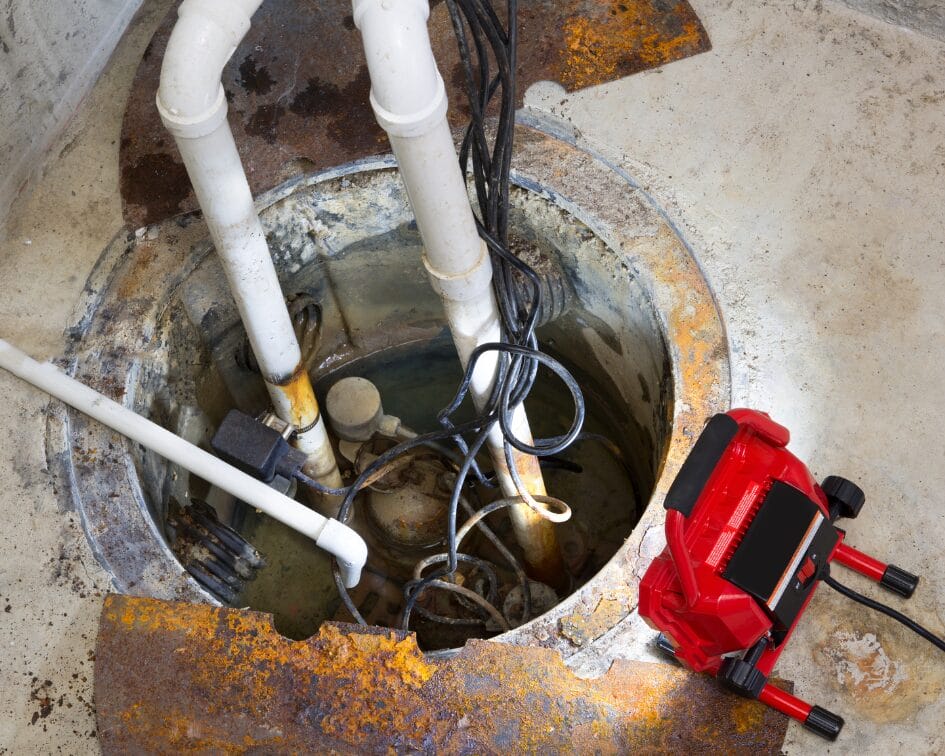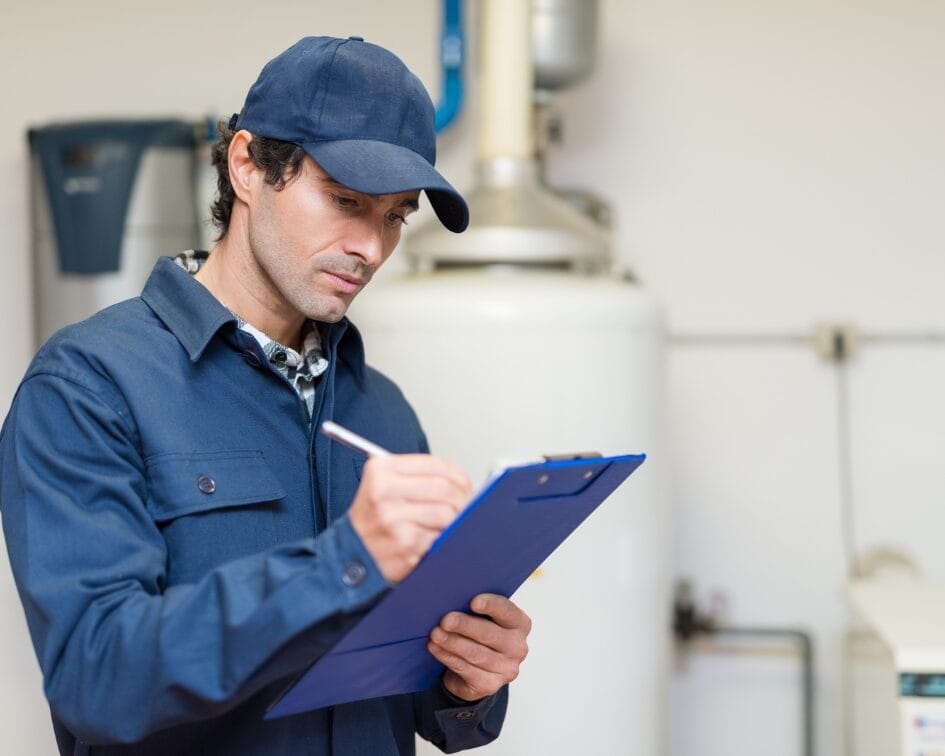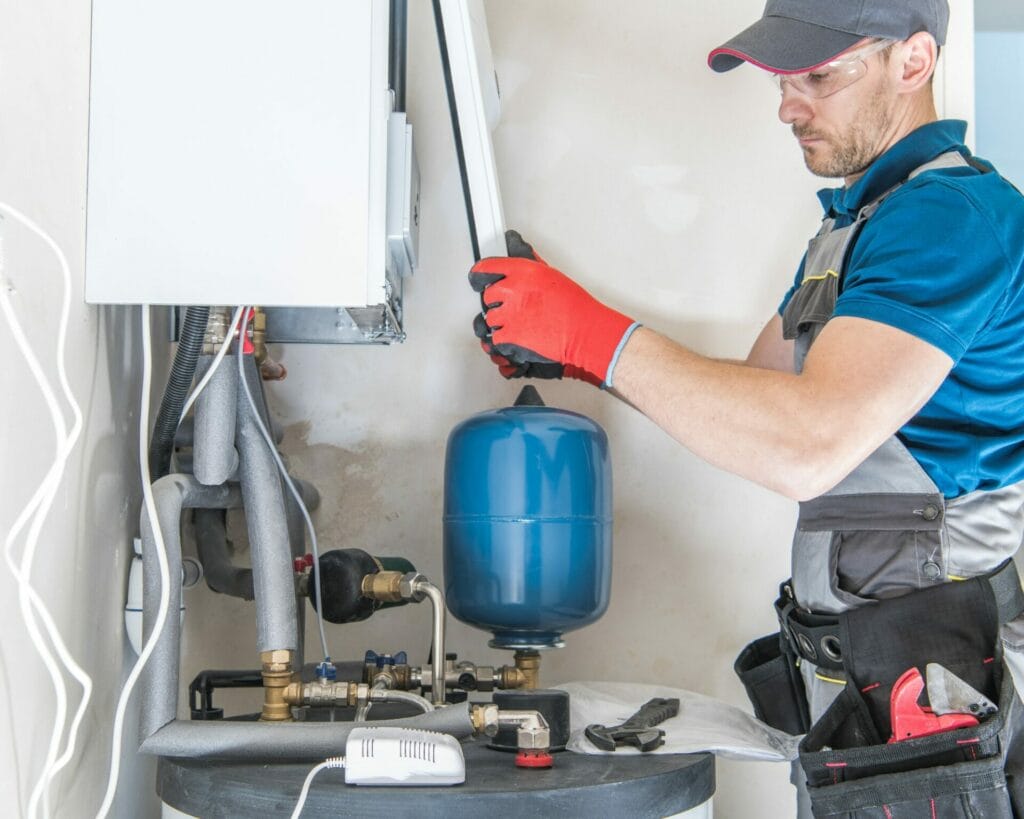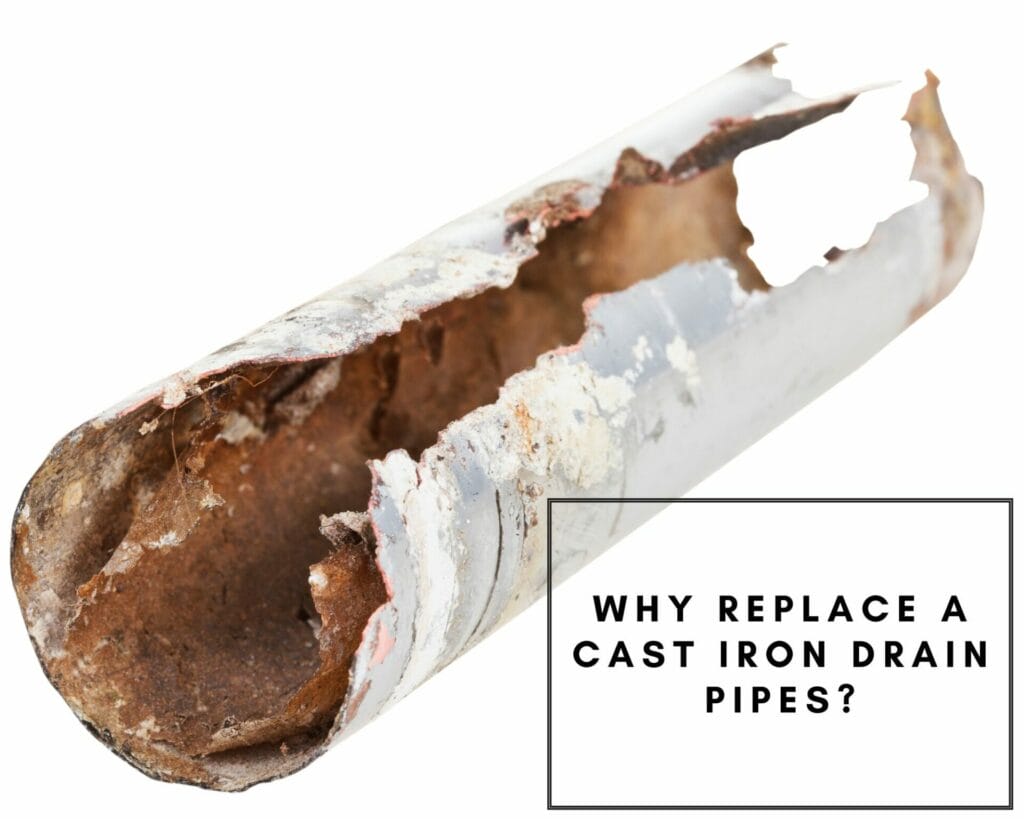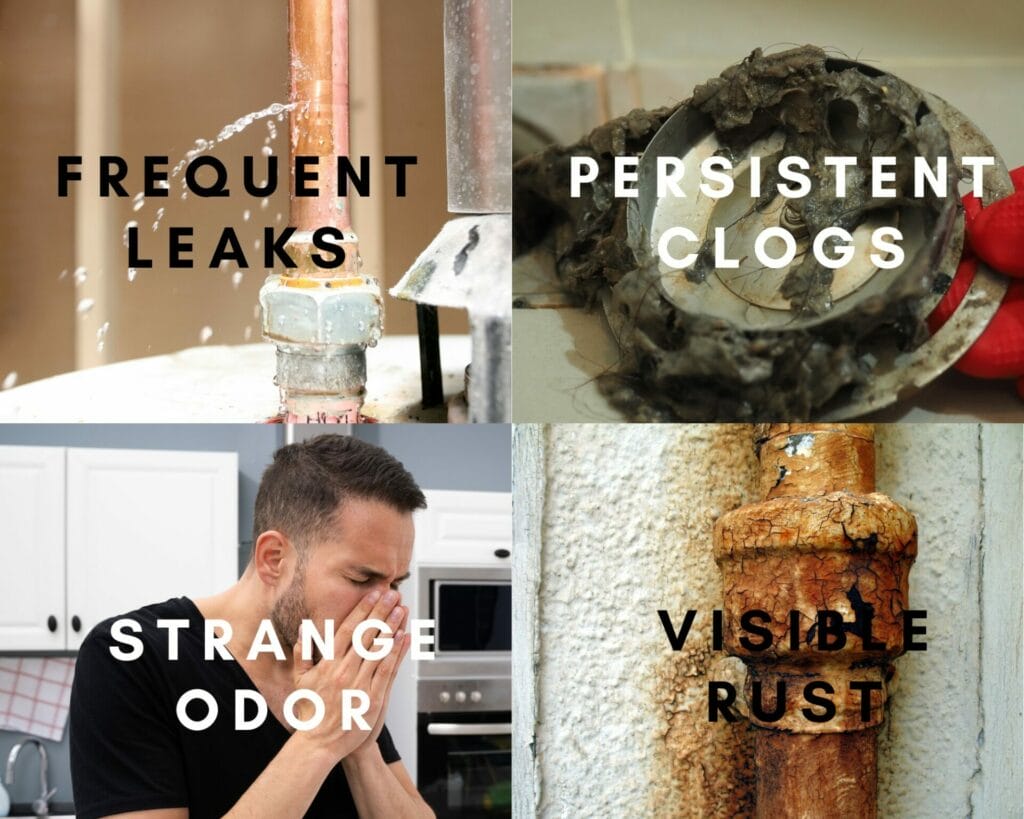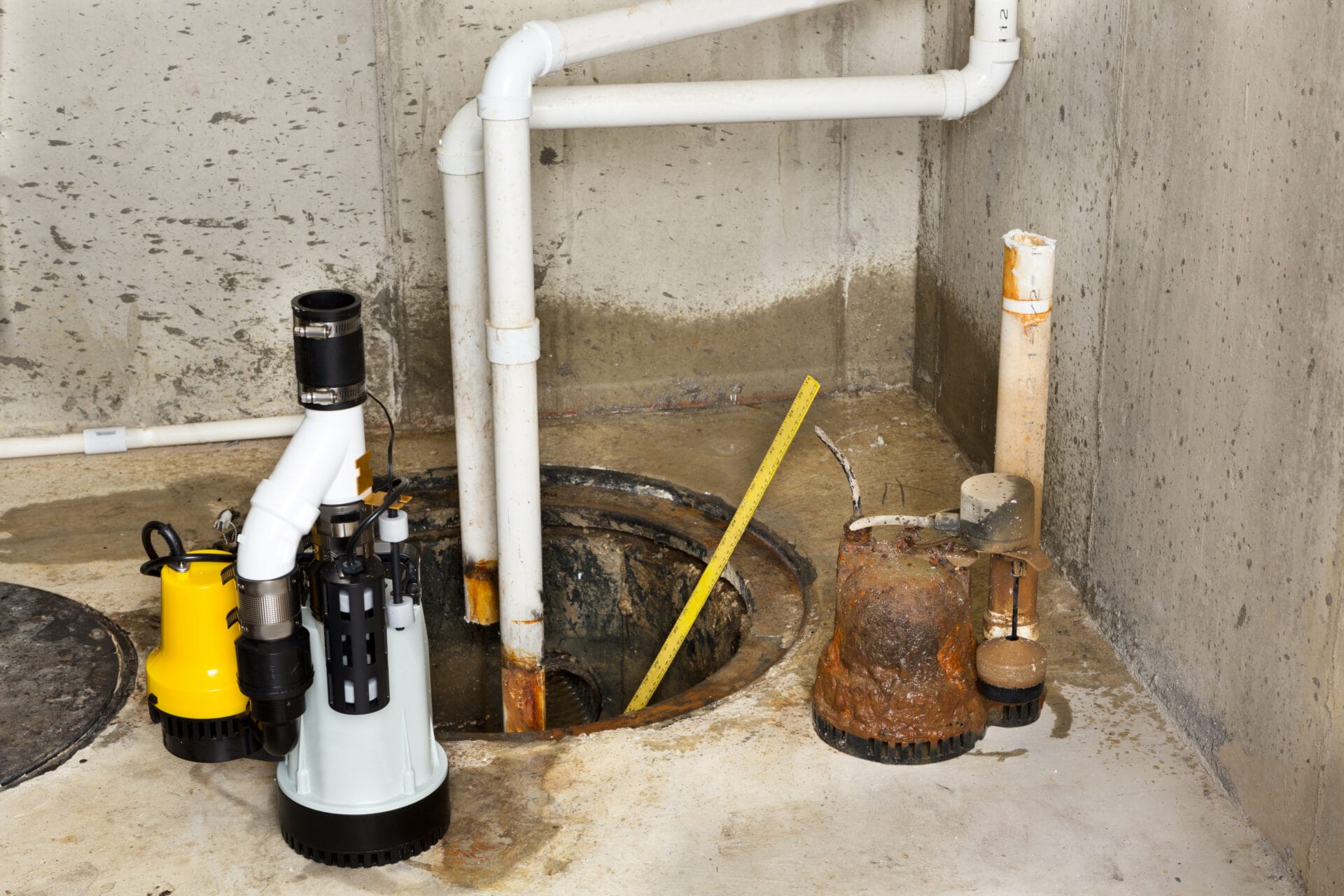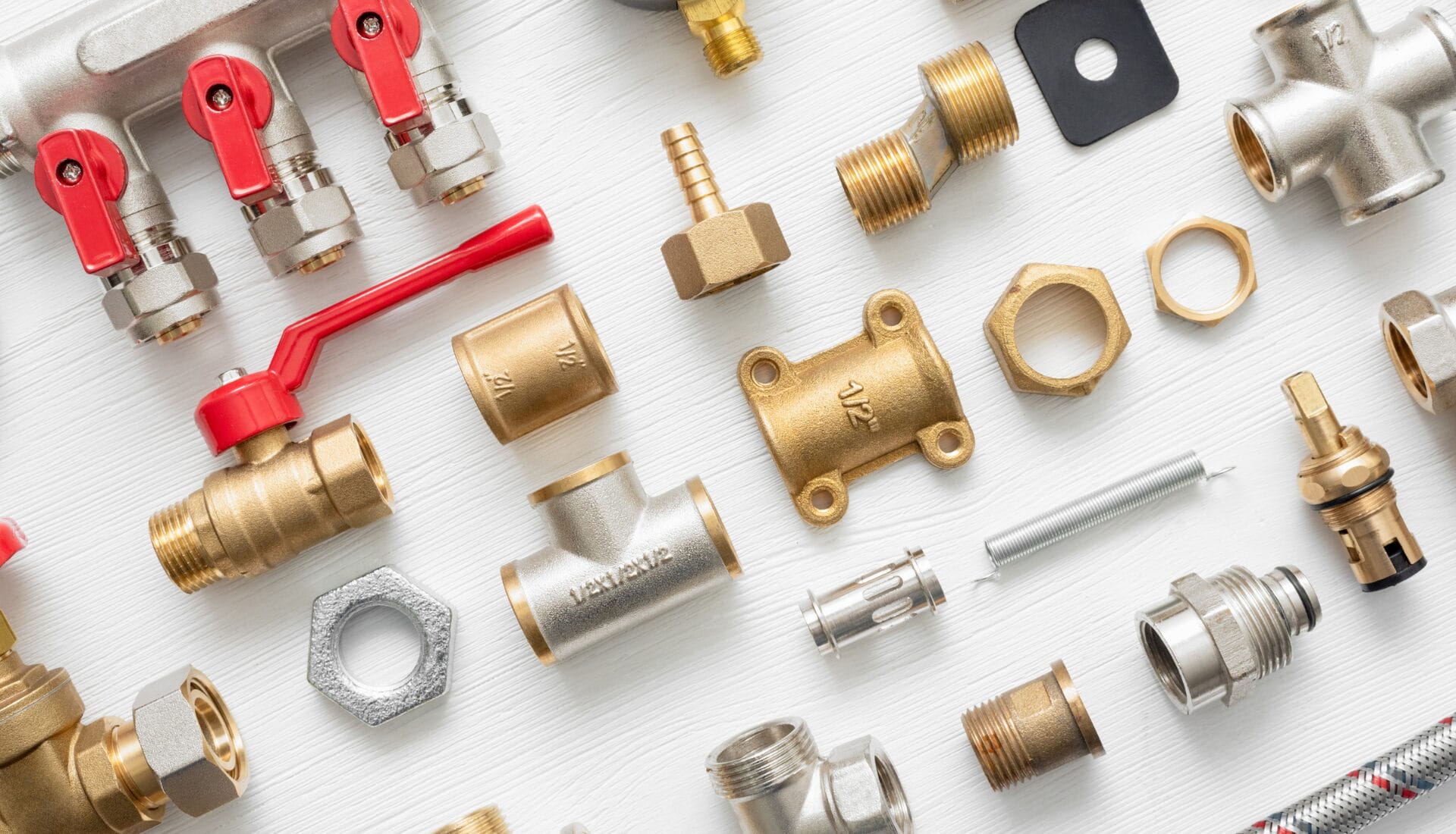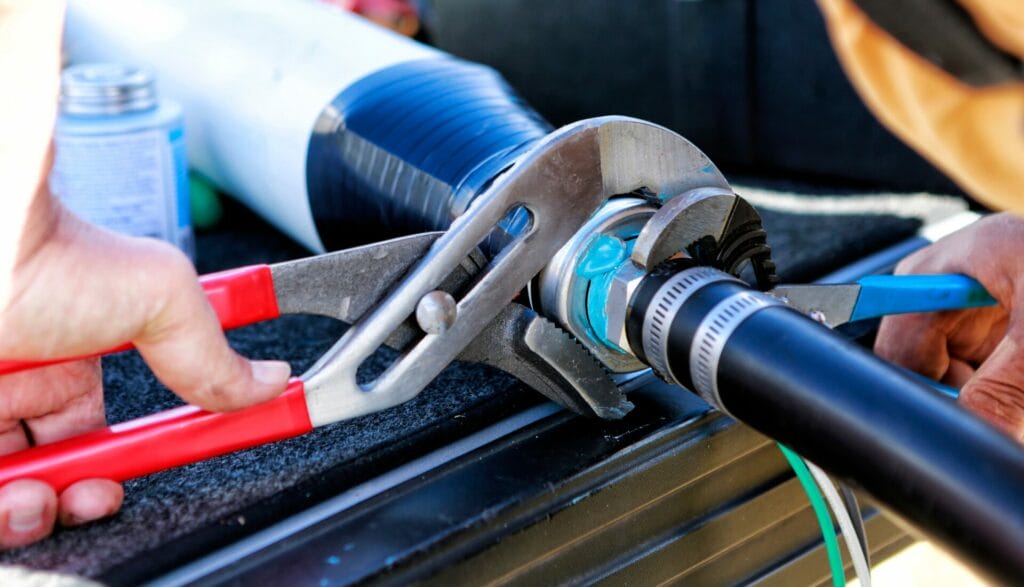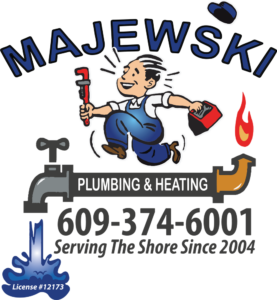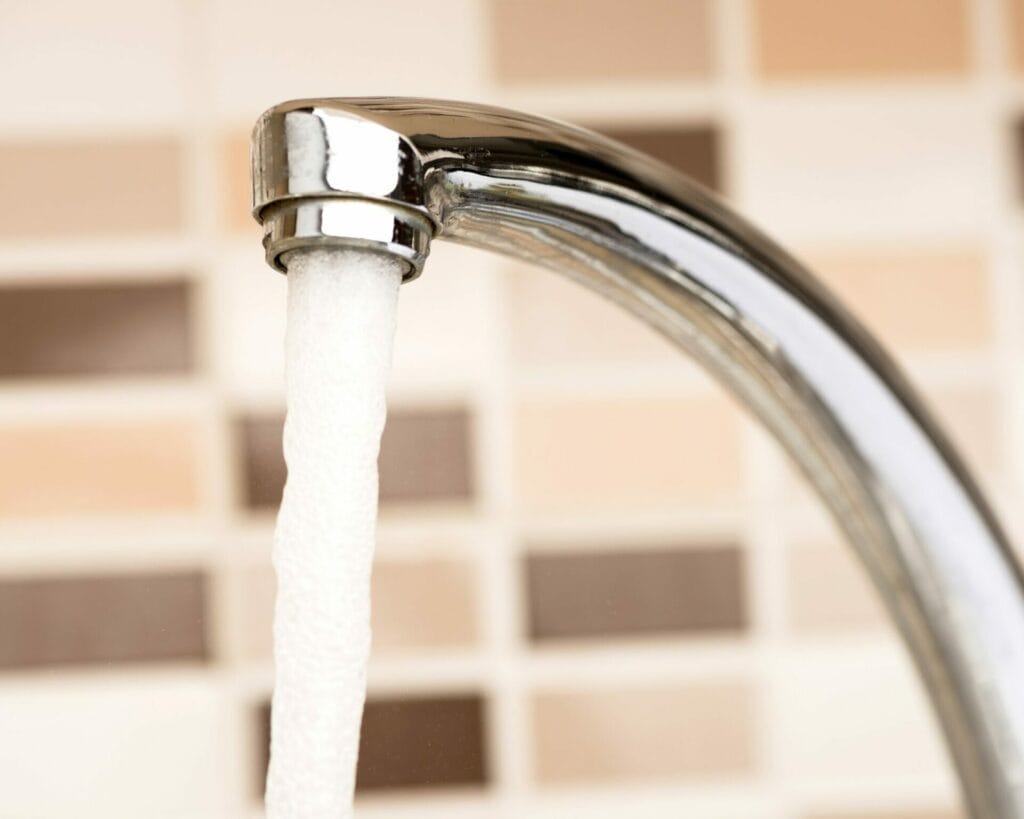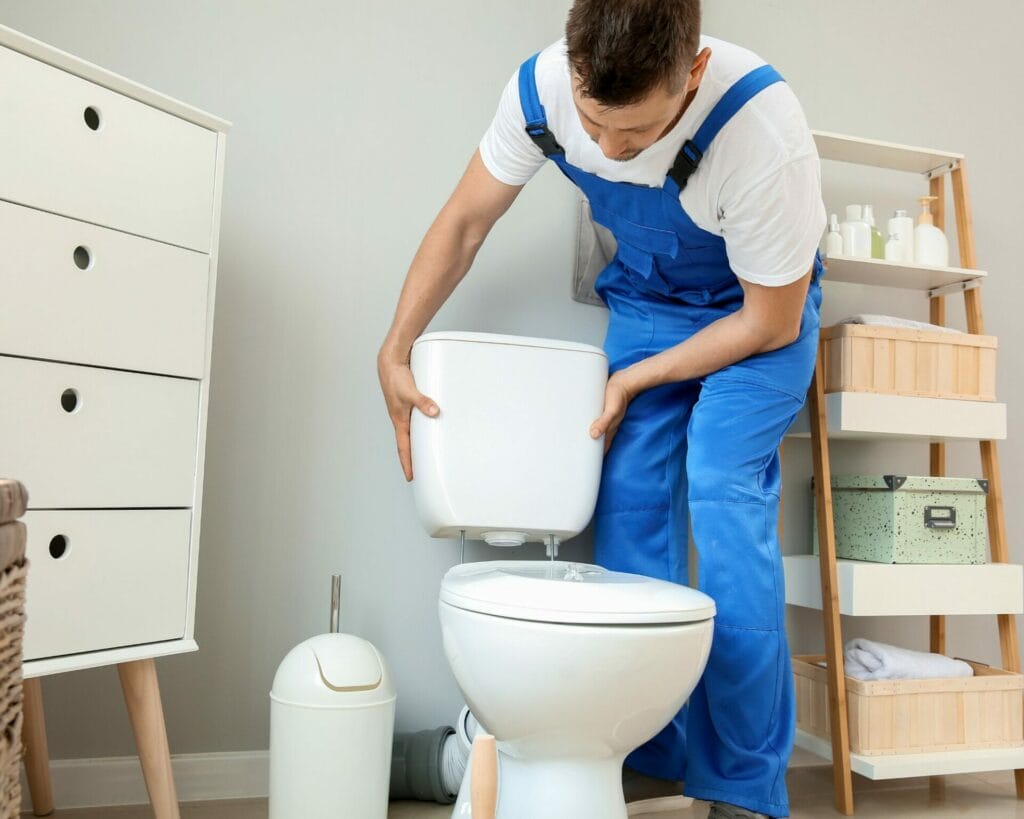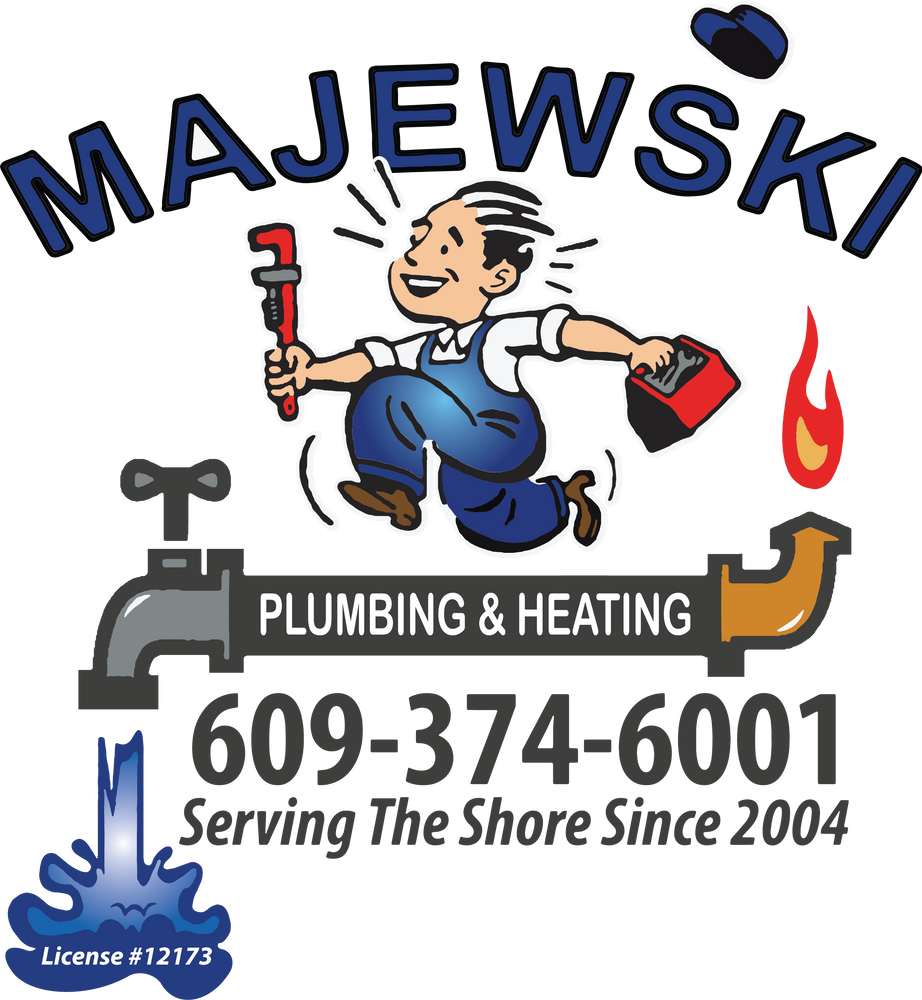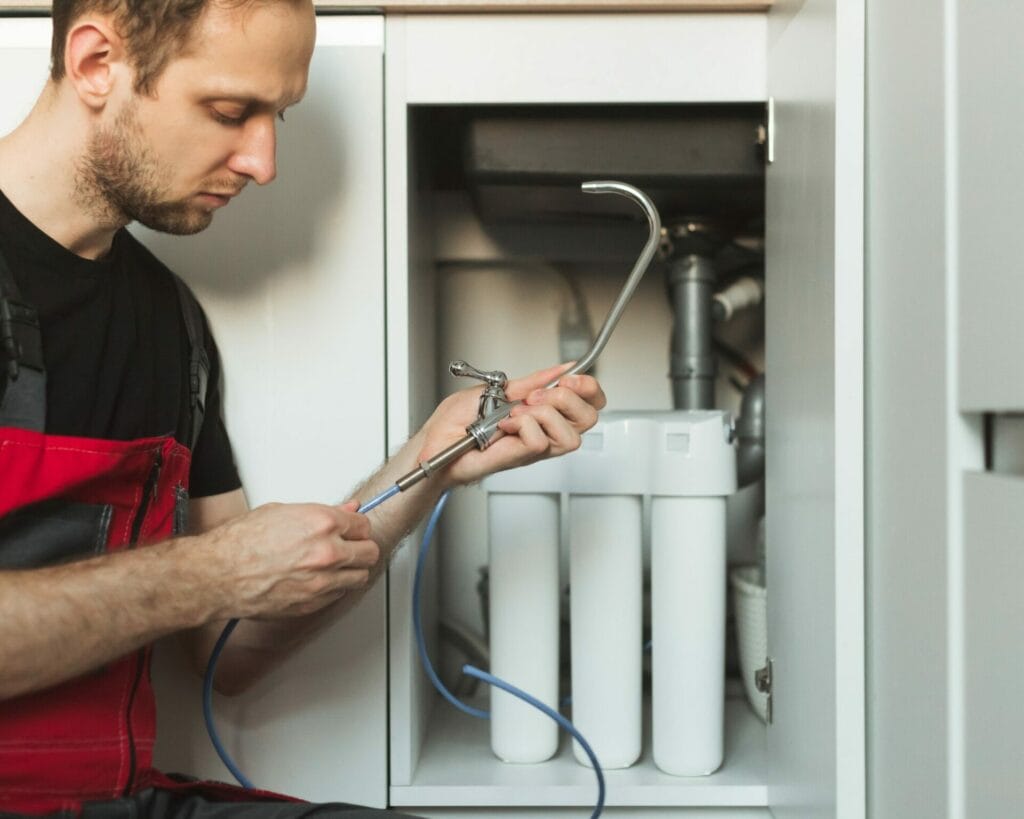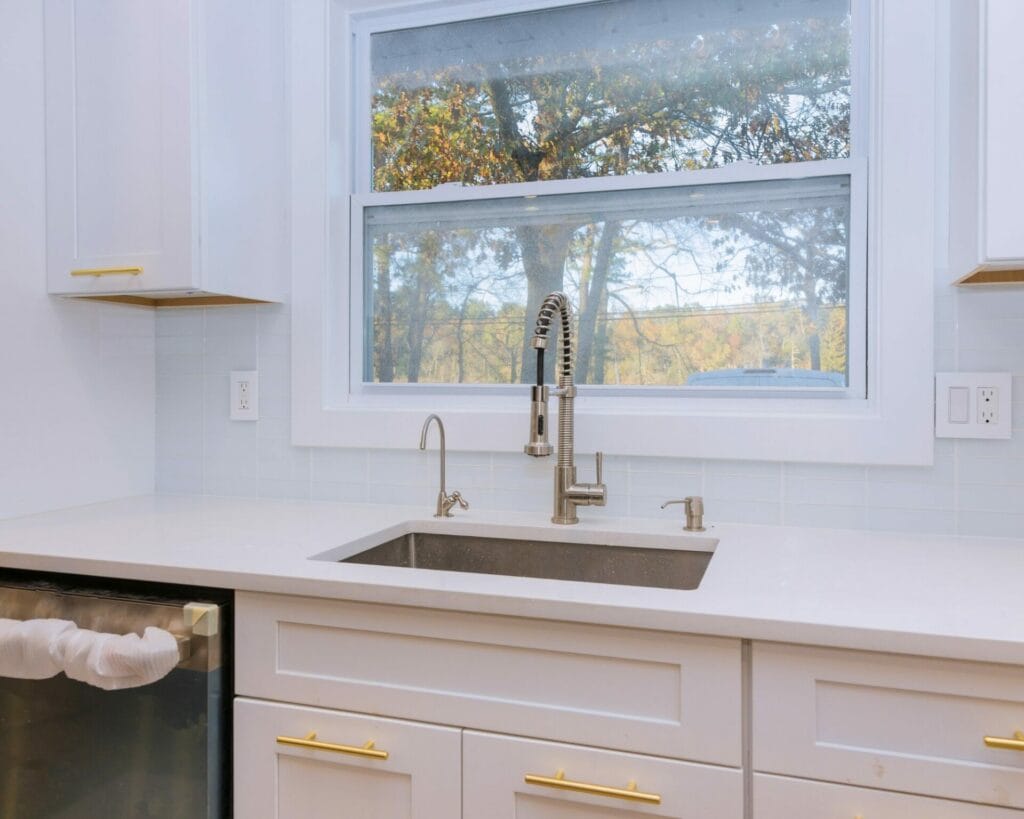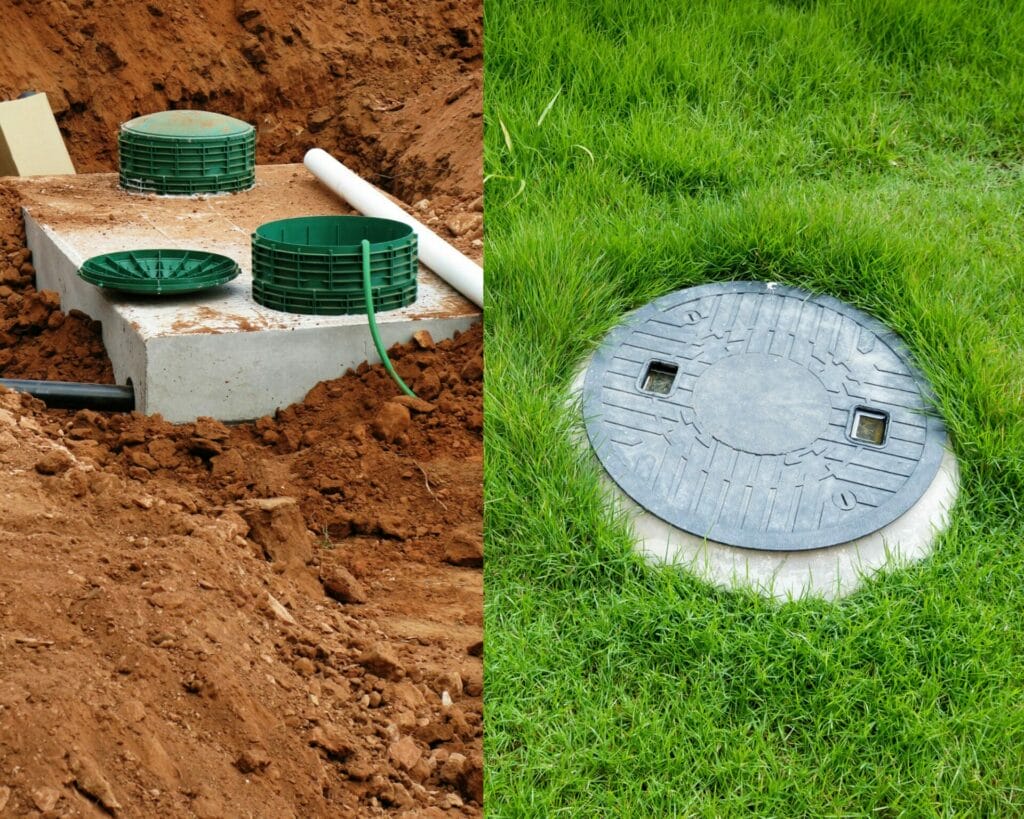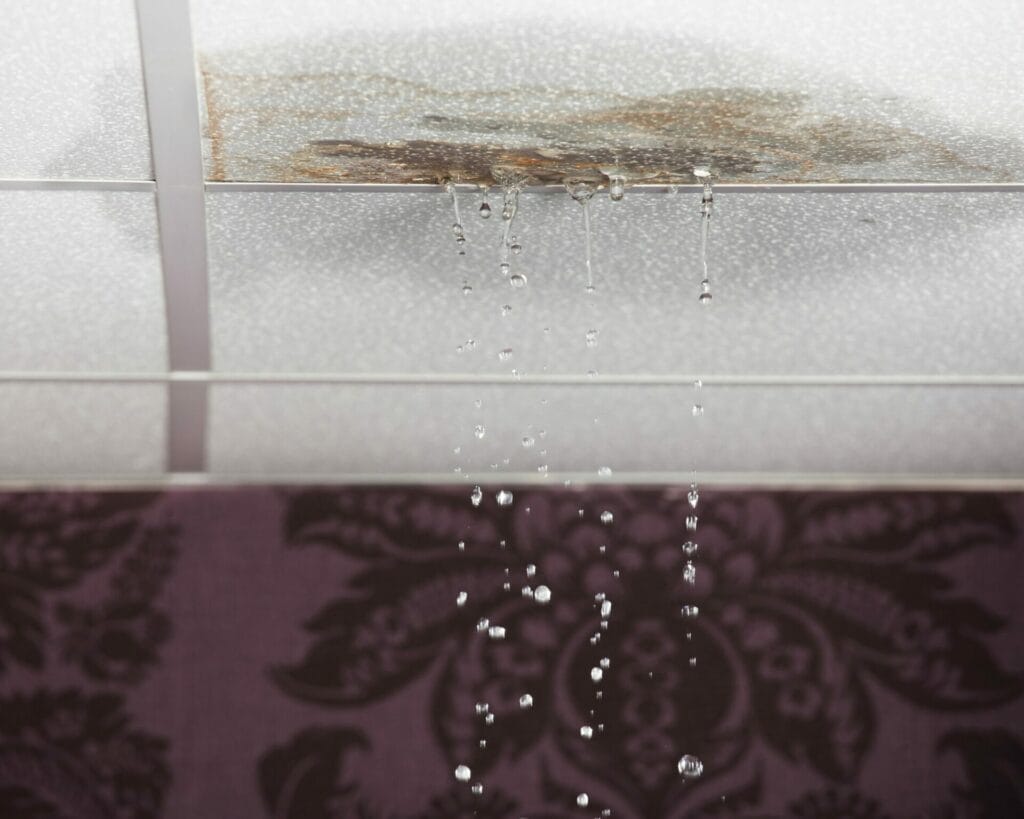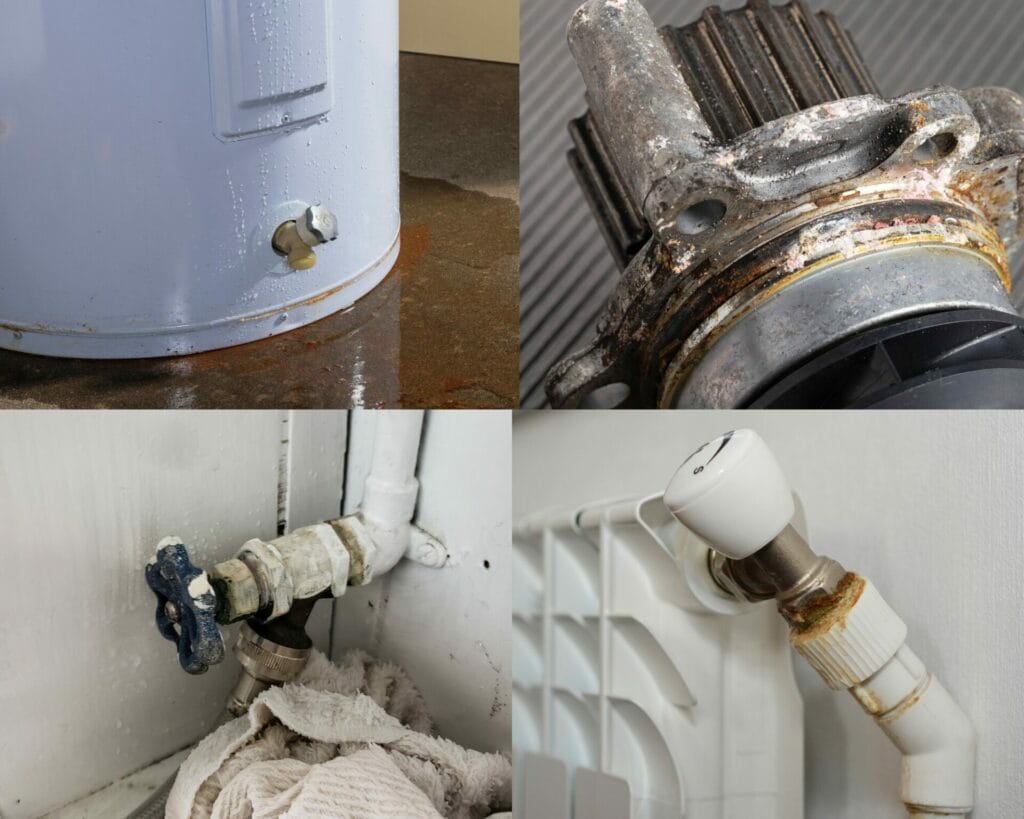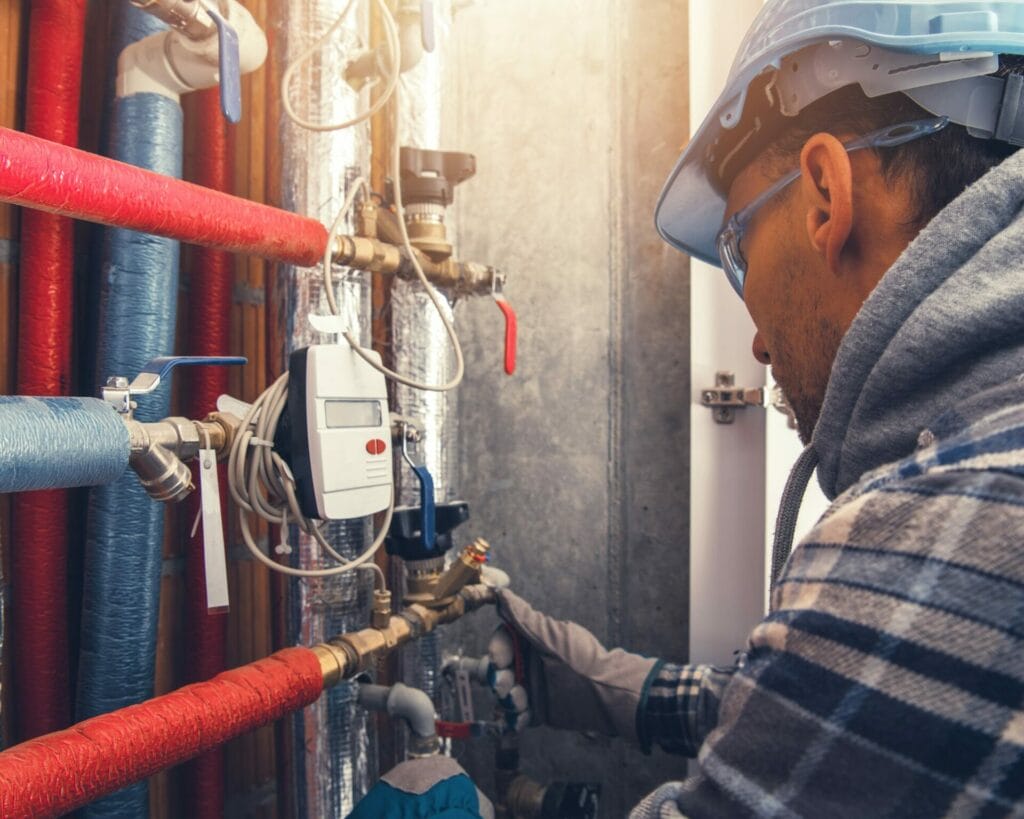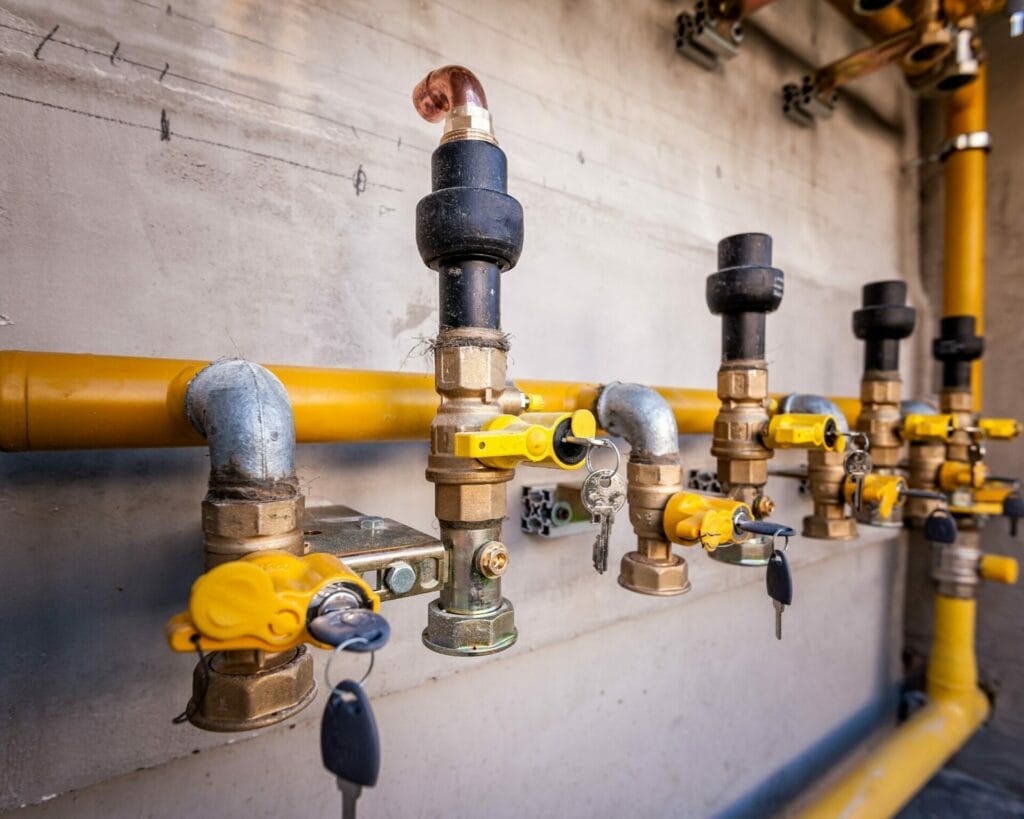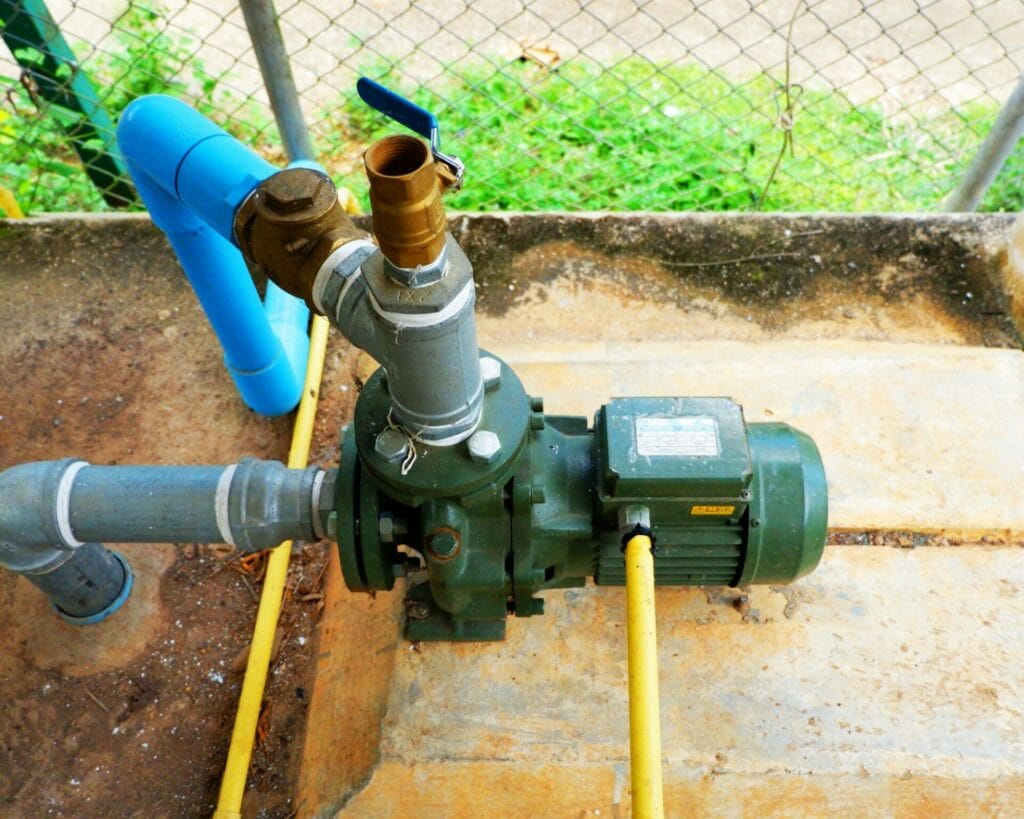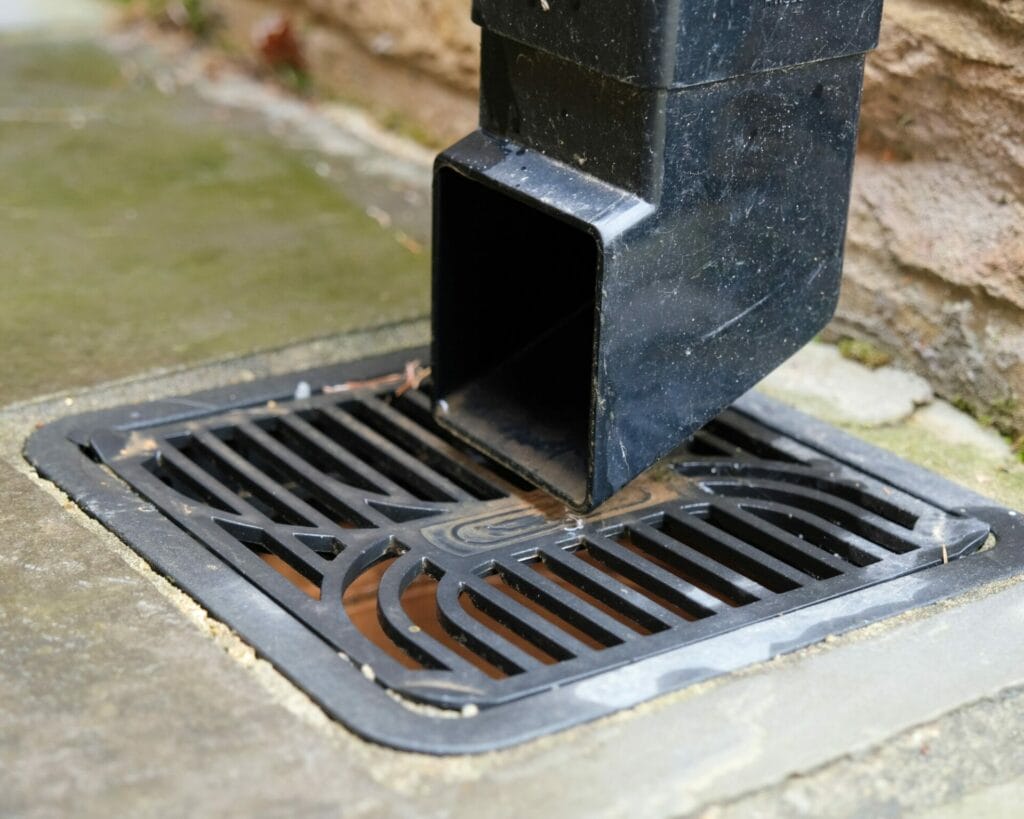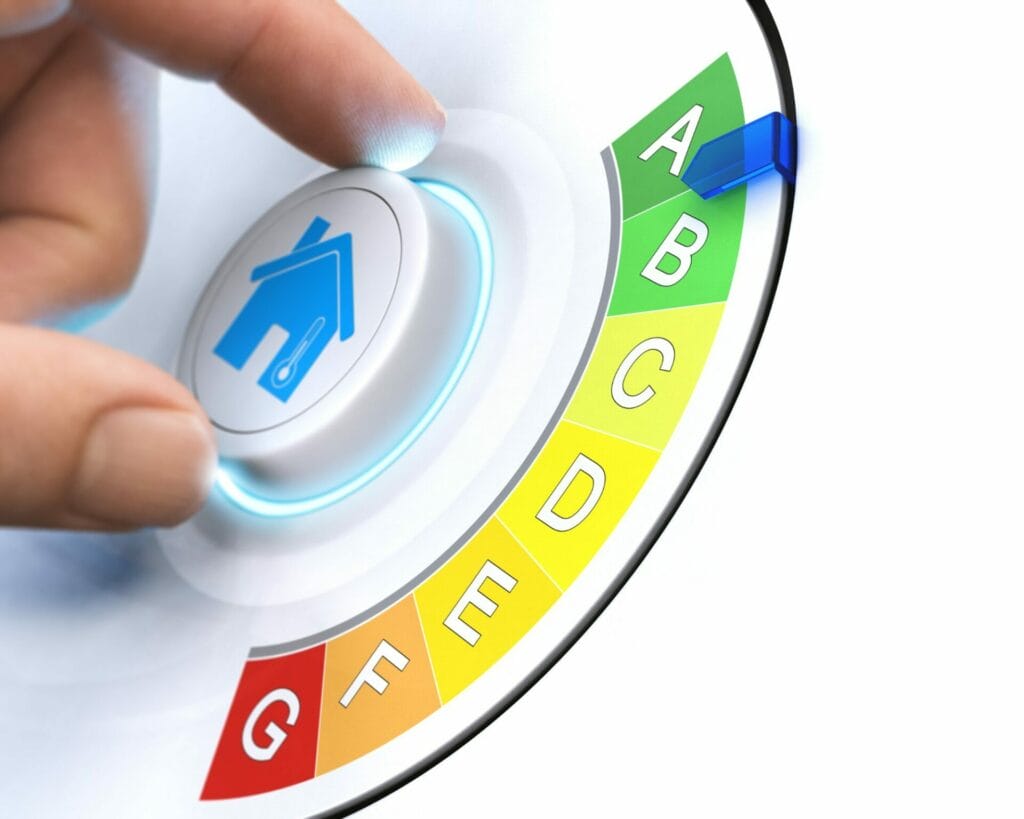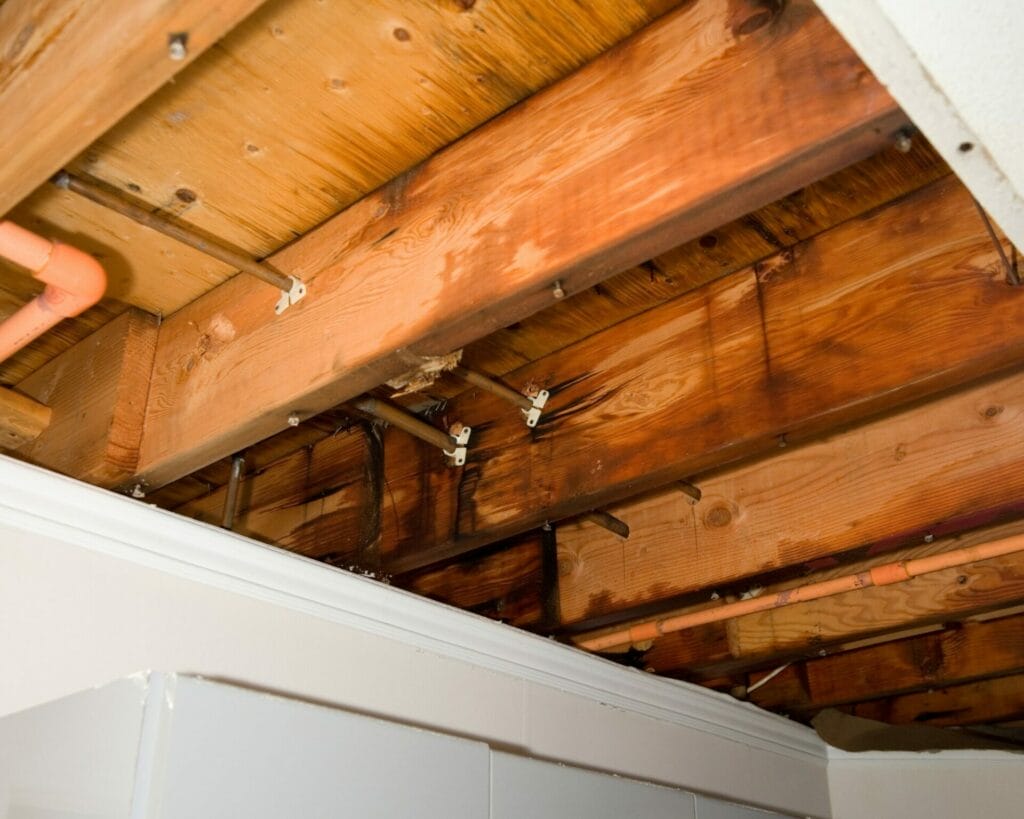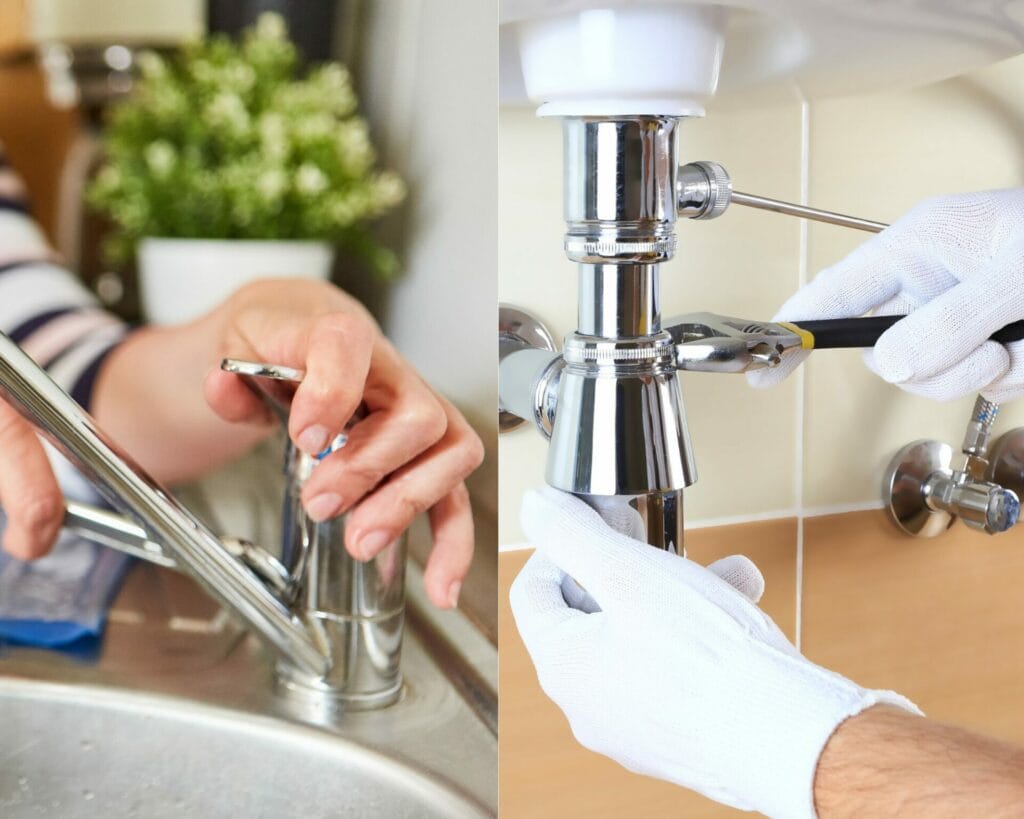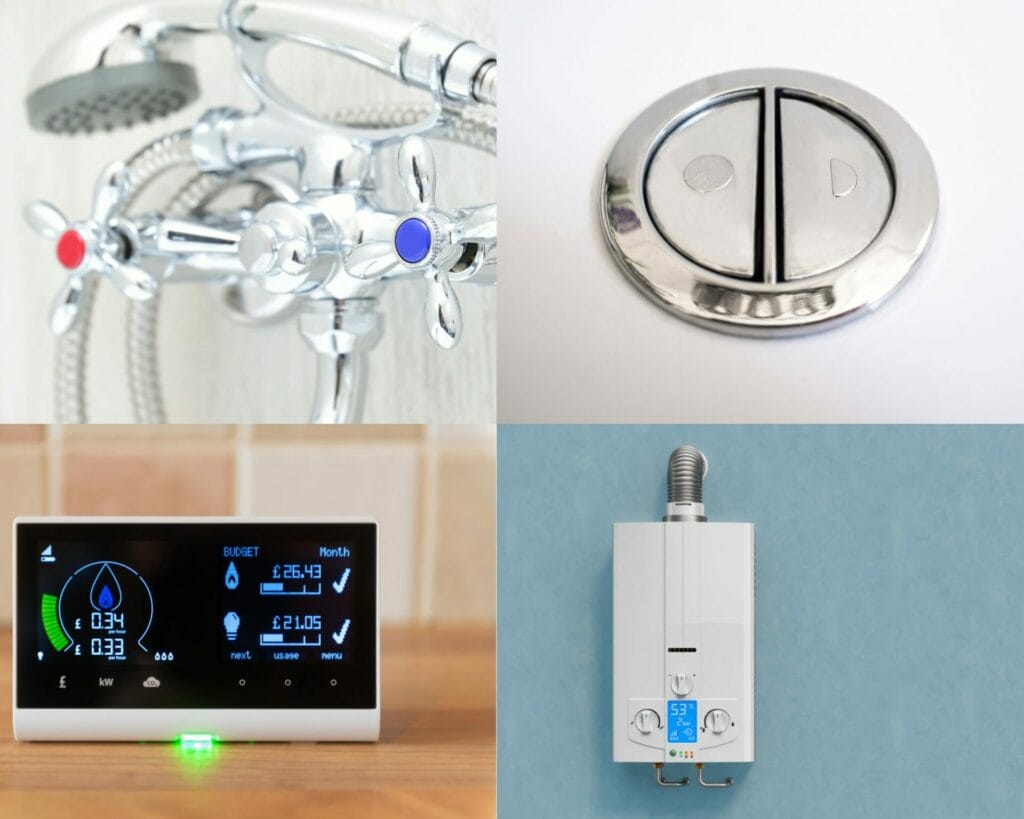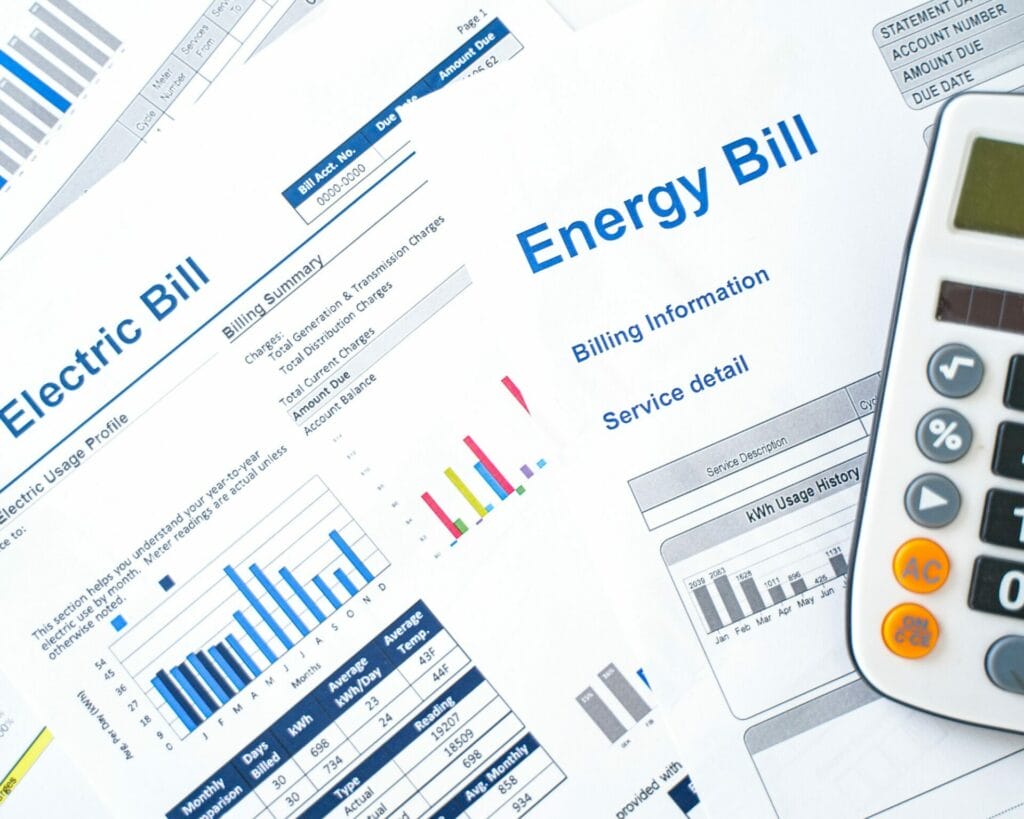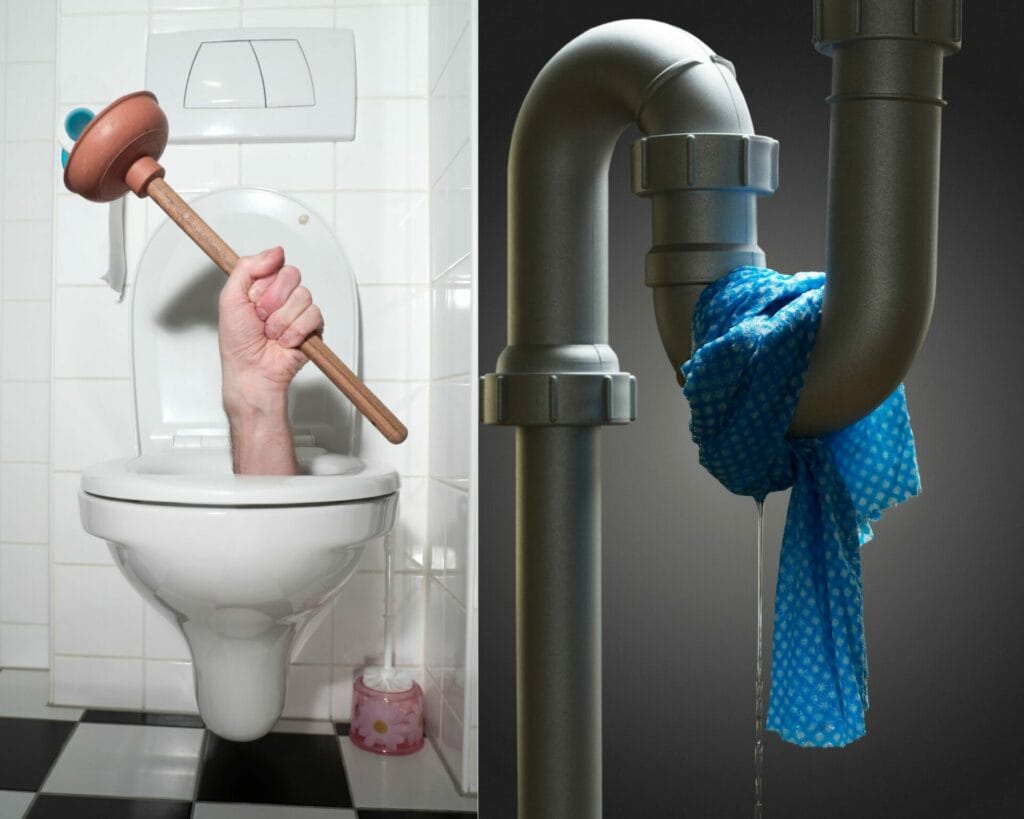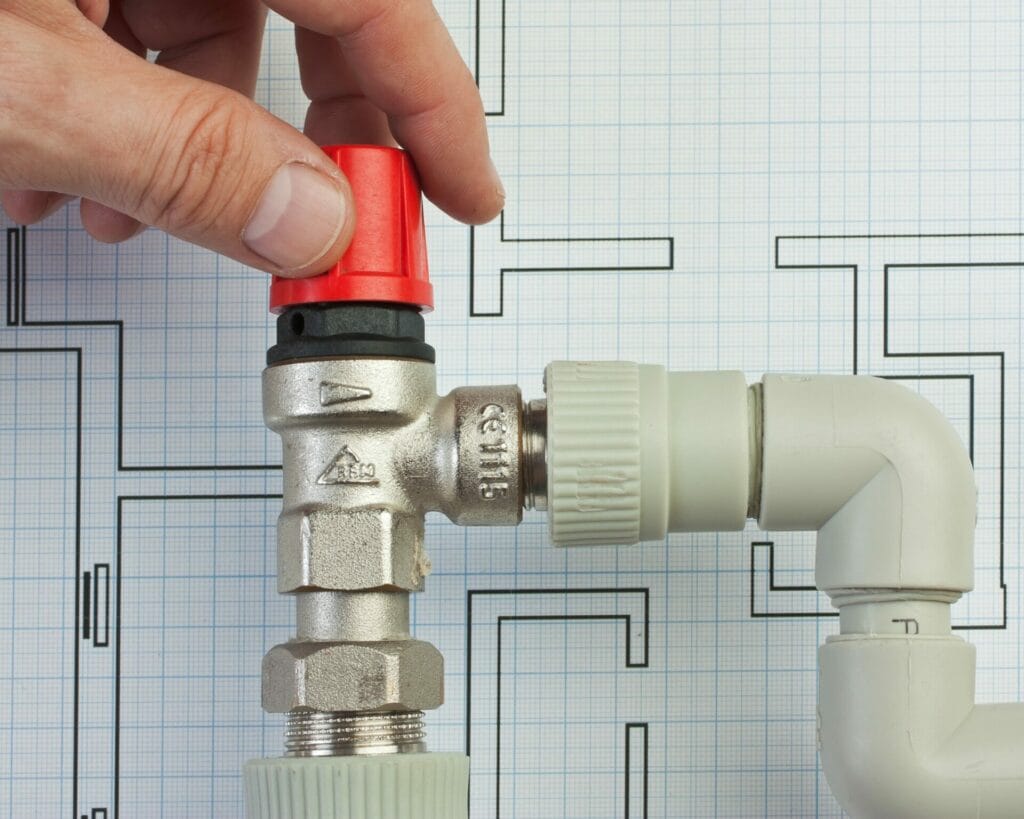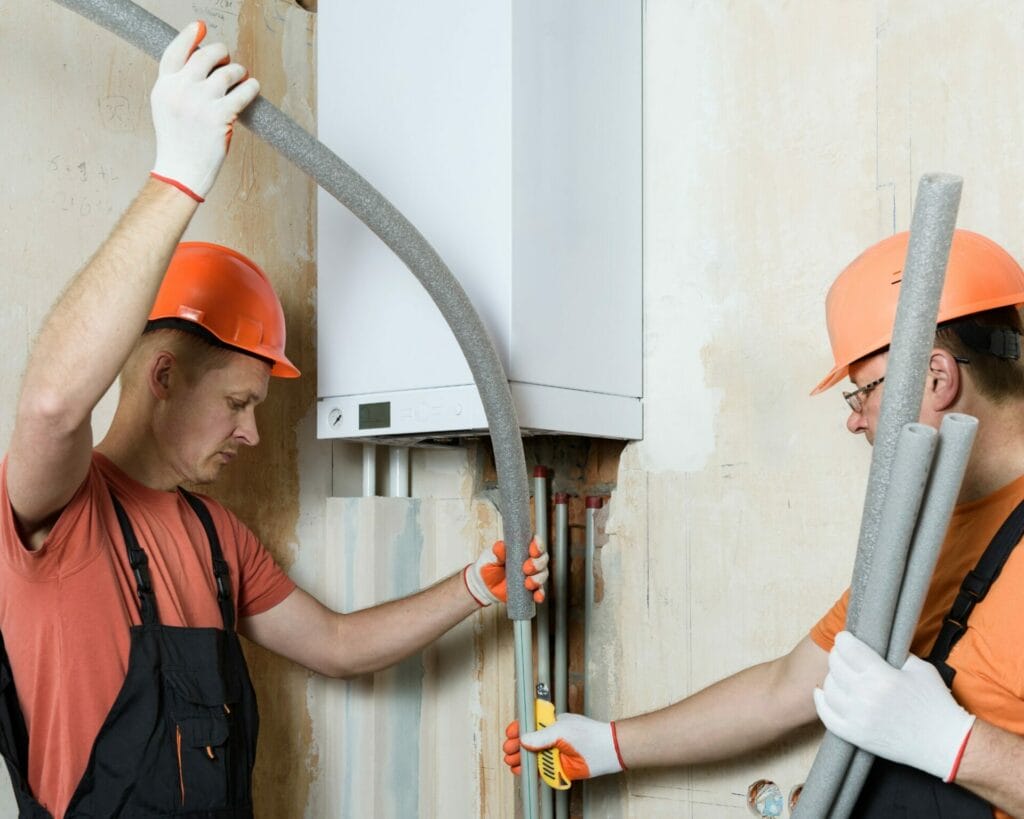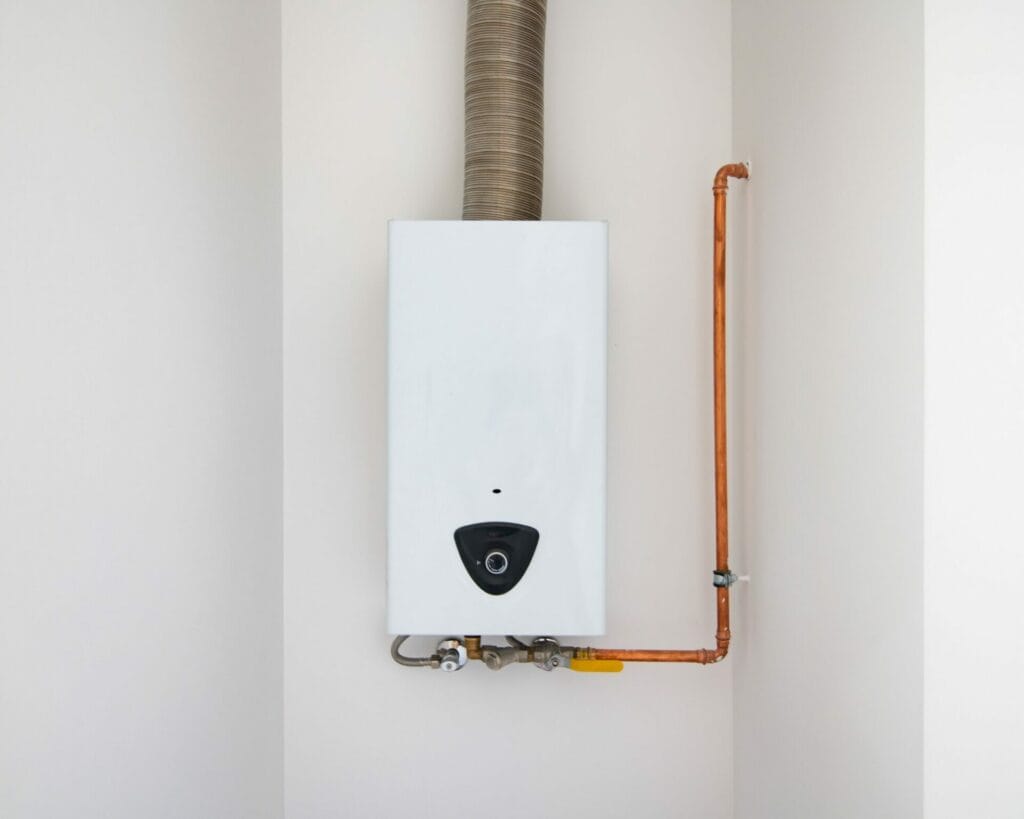Your How-To Guide
You might not give it much thought, but a well-functioning plumbing system is the unsung hero that keeps your daily life flowing smoothly.
Ever wondered how that refreshing shower happens or how your kitchen sink manages to handle all those dirty dishes?
That's where understanding residential plumbing becomes crucial.
In this guide, we're going to unravel the mysteries beneath your floors and behind your walls, empowering you with the knowledge to be the master of your home's plumbing destiny.
Now, let's address a common misconception: plumbing is just pipes and water.
While that's part of the story, residential plumbing is like the circulatory system of your house, ensuring water flows in and waste flows out.
But, and it's a big but, it's not always as simple as turning a tap.
Homeowners often grapple with plumbing challenges, from mysterious leaks that appear out of nowhere to the enigma of low water pressure.
That's why getting to grips with the basics is not just handy; it's your ticket to a smoother, stress-free home life.
But hey, we get it. The world of plumbing can be a bit intimidating. Pipes, fixtures, drainage systems – it's like a secret language.
That's why we're here to break it down for you, dispel those plumbing myths, and provide insights into common issues.
So, grab a metaphorical wrench and let's dive into the fascinating realm of residential plumbing. It's time to turn those challenges into victories, one flush at a time.
The Basics of Residential Plumbing
Ever wonder what makes your faucets flow and toilets flush? That's where the basics of residential plumbing come into play.
Let's dive in and demystify the inner workings of your home's plumbing system.
Understanding Residential Plumbing: A Simple Breakdown
At its core, residential plumbing is the network of pipes, fixtures, and appliances that work together to bring water into your home and dispose of waste.
It's the unseen hero that makes your morning shower invigorating and ensures your kitchen sink doesn't turn into a pool after washing dishes.
Pipes: The Veins of Your Home
Think of pipes as the veins of your house. They snake through walls, under floors, and above ceilings, transporting water to where you need it and carrying waste away.
Materials like copper, PVC, and PEX are commonly used for residential plumbing pipes, each with its own set of benefits.
Understanding your home's pipe system is like knowing its circulatory system – it helps you spot issues early and keeps everything flowing smoothly.
Fixtures: Where Functionality Meets Style
Fixtures are the visible parts of your plumbing system, they're where functionality meets style.
Faucets, sinks, toilets, showers – these are the fixtures that bring water into your home and allow you to use it.
Choosing the right fixtures not only enhances the aesthetics of your space but also plays a role in the efficiency of your plumbing.
Keep an eye out for leaks around fixtures, as they're often the first sign of trouble in the plumbing world.
Appliances: The Plumbing Sidekicks
Your home's plumbing isn't all about sinks and toilets. Appliances like dishwashers, washing machines, and water heaters are essential plumbing sidekicks.
Understanding how these appliances connect to the plumbing system helps you troubleshoot issues and ensures they operate seamlessly.
Your dishwasher and washing machine rely on both the water supply and drainage systems to do their jobs effectively.
So, the next time you turn on the tap or flush the toilet, remember, there's a symphony of pipes, fixtures, and appliances working together behind the scenes to make it all happen.
Water Supply System: Keeping the Flow Just Right
Now that we've got the basics down, let's turn the faucet a bit more and explore the water supply system.
Ever wondered how that stream of water magically appears when you turn on the tap?
The water supply system is the wizard behind the curtain, and we're about to pull it back.
The Main Water Supply Line: The Lifeline of Your Home
At the heart of your water supply system lies the main water supply line. This is the lifeline that brings clean water from the municipal source to your home.
Typically made of durable materials like copper or PVC, this line weaves its way through the underground maze ensuring every faucet, shower, and appliance has access to the water it needs.
Familiarize yourself with the location of your main water shut-off valve. It's like a panic button for plumbing emergencies.
Water Pressure: The Goldilocks Dilemma
Ever felt like your shower was a gentle rainfall or a high-pressure fire hose? That's the magic (or sometimes the frustration) of water pressure.
It's the force that pushes water through your pipes and out of your faucets.
Ideally, you want it to be just right – not too strong to blast you off your feet, but not too weak that you're left with a dribble.
Invest in a water pressure gauge to measure the pressure periodically. It's a small tool that can save you from big plumbing headaches.
Regulation: Balancing Act for a Smooth Flow
Pressure regulators are like the traffic controllers of your plumbing system, ensuring that the pressure is just right for your pipes and fixtures.
Too much pressure and you risk damaging pipes and causing leaks; too little and your appliances might not function optimally.
Pressure regulators are your silent plumbing heroes, working behind the scenes to keep everything in harmony.
Understanding the water supply system is like learning the dance steps of your home's plumbing ballet.
Drainage System: Where Water Takes Its Final Bow
Now it's time to venture into the world of drainage. Ever wondered where the water goes after it swirls down the drain?
That's the drainage system doing its job. Let's unravel the mysteries of pipes, vents, and the ingenious ways they prevent the dreaded clogs and backups.
Pipes: The Escape Routes for Used Water
Picture this: you've just finished washing your hands and the water disappears down the sink. Where does it go?
Enter the drainage pipes. These pipes, often made of materials like PVC, are the escape routes for used water.
They connect to your fixtures and appliances, guiding water away from your home to the sewer or septic system.
Regularly clearing debris from your drains helps prevent blockages and keeps water flowing smoothly.
Vents: The Unsung Heroes of the Drainage Symphony
Ever hear that gurgling sound when you flush the toilet? That's the vents doing their magic.
Vents are pipes that extend from your drainage system to the exterior of your home, allowing air to enter and equalize pressure.
This ensures a smooth flow of water and prevents the suction effect that can lead to slow drains or gurgling noises.
If you notice unusual sounds or slow drainage, it might be a sign that your vents need some attention.
Prevention of Clogs and Backups: The Plumbing Defense Mechanism
Clogs and backups – the nightmares of every homeowner. The drainage system is designed with built-in defenses to combat these issues.
Traps, those U-shaped bends in pipes, hold water to create a barrier that prevents sewer gasses from entering your home.
Additionally, screens and drain covers catch debris before it can journey down the pipes and cause obstructions.
The humble plunger is your first line of defense against minor clogs. Keep one handy; you never know when you might need it.
Understanding the drainage system is like decoding the secret language of water as it bids adieu from your home.
Fixtures and Appliances: The Plumbing Stars of Your Home
Ever stop to think about the intricate dance between your sink, toilet, and shower and how they connect to the grand plumbing stage?
Let's break it down, from the graceful movements of fixtures to the choreography of appliances in the plumbing symphony.
Fixtures: Where Style Meets Utility
Sinks: The Busy Workstations
Let's start with the kitchen and bathroom MVP – the sink. It's not just a basin for washing dishes or hands; it's a multitasking wizard.
The sink connects to both the water supply and drainage systems, with faucets controlling the flow and drains guiding used water away.
A leaking faucet might seem like a minor annoyance, but it can lead to water wastage. Fix it promptly to save both water and money.
Toilets: The Throne of Efficiency
Ah, the porcelain throne. Your toilet's connection to the water supply ensures a swift and efficient flush.
The drainage system whisks away the waste, thanks to the intricate trap and pipe design.
Understanding how toilets work can save you from the headaches of clogs and mysterious flushing issues.
If you hear constant running water in the toilet, it might be a sign of a leaky flapper. Easily fixable and a water-saving win!
Showers: The Refreshing Oasis
Shower time is sacred, and your shower's connection to both the hot and cold water supply makes it a sanctuary of relaxation.
The drainage system swiftly carries away the used water. Upgrading to water-efficient showerheads not only saves water but also reduces your utility bills.
Low water pressure in the shower might be due to mineral buildup. Remove the showerhead and soak it in vinegar for a quick fix.
Appliances: The Plumbing Sidekicks
Dishwashers: Cleaning Up with Plumbing Precision
Your dishwasher, the unsung hero of post-dinner chaos, is seamlessly integrated into the plumbing system.
It connects to both the hot water supply and drainage system, ensuring efficient cleaning and waste disposal.
Regularly checking hoses and filters keeps your dishwasher in top-notch condition.
Scrape off excess food before loading dishes into the dishwasher to prevent clogs and maintain optimal performance.
Washing Machines: Laundry Day Plumbing Magic
Laundry day is a breeze thanks to your washing machine's connection to both the water supply and drainage system.
Hoses bring in water for washing while the drainage system efficiently removes used water.
Regularly checking for leaks and ensuring proper hose connections extends the life of your trusty washing companion.
Avoid overloading the washing machine; it not only ensures cleaner clothes but also prevents strain on the plumbing connections.
Understanding the intricacies of fixtures and appliances is like mastering the steps of a dance – it ensures a harmonious flow in your home's plumbing performance.
Septic Systems vs. Sewer Systems: Navigating the Plumbing Crossroads
Ever wondered what sets these two systems apart and which one is the right fit for your home?
Let's break down the differences and consider the factors that'll help you make an informed choice in this plumbing face-off.
Understanding the Battle: Septic vs. Sewer
The Tale of the Tank: Septic Systems
In the septic corner, we have the underground champion – the septic system. This self-contained wonder relies on a septic tank buried in your yard.
Here, wastewater undergoes a natural separation process, with solids settling at the bottom and liquid effluent moving to a drain field for absorption into the soil.
The Urban Warrior: Sewer Systems
In the opposing corner, we have the urban warrior – the sewer system.
Serving densely populated areas, sewer systems transport wastewater through a network of pipes to a centralized treatment facility.
Here, the water undergoes rigorous treatment before being released back into the environment.
Factors to Consider: Choosing Your Plumbing Hero
Location Matters
- Septic: Ideal for rural or suburban areas without access to municipal sewer lines.
- Sewer: Typically found in urban or densely populated areas with municipal sewer infrastructure.
Maintenance and Responsibility
- Septic: Homeowners are responsible for routine maintenance, including periodic tank pumping.
- Sewer: Municipalities handle maintenance and repairs beyond your property line.
Initial Costs and Long-Term Expenses
- Septic: Lower installation costs but potential for higher long-term maintenance expenses.
- Sewer: Higher initial costs but often lower long-term maintenance expenses for homeowners.
Environmental Impact
- Septic: Can be more environmentally friendly as it relies on natural processes for wastewater treatment.
- Sewer: Centralized treatment facilities may have a larger environmental footprint but ensure thorough wastewater treatment.
Property Size and Restrictions
- Septic: Requires ample space for a drain field; may be restricted by local regulations.
- Sewer: Suitable for smaller properties without the need for extensive on-site infrastructure.
Upfront Decision or Future Upgrade
- Septic: Requires an upfront decision during home construction or purchase.
- Sewer: May involve connection costs if switching from a septic to a sewer system.
Making the choice between septic and sewer systems is like selecting the protagonist for your home's plumbing story.
Consider your location, budget, and environmental preferences to ensure a plumbing saga with a happy ending.
Troubleshooting Common Plumbing Issues: Navigating the Plumbing Maze
It's time to put on our sleuthing hats and tackle those common residential plumbing problems.
From mysterious leaks to the enigma of low water pressure, we've got the tools and tips to troubleshoot like a pro.
Let's dive into the world of plumbing mysteries and emerge victorious.
The Case of the Mysterious Leaks
Identification: Ever spot a damp patch on the wall or a slow drip beneath the sink? Leaks are the silent villains of plumbing.
Troubleshooting: Start with a thorough inspection of visible pipes and fixtures. Tighten loose connections, replace worn-out seals, and consider using plumber's tape for small leaks.
Preventive Maintenance: Regularly check for leaks, especially around faucets and under sinks. Promptly fix any drips to prevent water damage.
The Tale of the Dripping Faucet:
Identification: That persistent drip, drip, drip from the faucet can be maddening.
Troubleshooting: The culprit is often a worn-out washer or O-ring. Replace these components to stop the drip. If the issue persists, consider calling in a plumber.
Preventive Maintenance: Periodically replace washers and O-rings in faucets to prevent leaks. Don't ignore a dripping faucet; it's not just a water waster but also a money drainer.
Low Water Pressure Woes:
Identification: Ever felt like your shower head is on strike or your faucet is dripping instead of flowing?
Troubleshooting: Check for mineral buildup in the aerator or showerhead. Clean or replace these components to restore water pressure. If the issue persists, it might be a more significant plumbing problem.
Preventive Maintenance: Install water softeners to minimize mineral buildup. Regularly clean aerators and showerheads to maintain optimal water flow.
The Mystery of Clogged Drains:
Identification: Water pooling in the sink or a bathtub that takes forever to drain – classic signs of a clogged drain.
Troubleshooting: Use a plunger or a drain snake to clear minor clogs. For stubborn clogs, consider using a drain cleaner or calling in a professional plumber.
Preventive Maintenance: Avoid pouring grease and large food particles down the kitchen sink. Use drain covers to catch hair in bathroom drains. Regularly flush drains with hot water to prevent buildup.
Running Toilet Conundrum:
Identification: That constant sound of running water in the toilet is not just annoying; it's a potential water waster.
Troubleshooting: Lift the tank lid and check the flapper. If it's not sealing properly, it might need adjustment or replacement. Also, check the float mechanism for issues.
Preventive Maintenance: Regularly check the toilet components for wear and tear. Consider replacing the flapper and other parts every few years to prevent leaks.
Tips for Preventive Maintenance:
- Regular Inspections: Periodically inspect visible pipes, fixtures, and appliances for signs of leaks or wear.
- Drain Maintenance: Use drain covers to prevent hair and debris from entering drains. Flush drains with hot water periodically.
- Water Softeners: Consider installing water softeners to reduce mineral buildup in pipes and appliances.
- Temperature Checks: Monitor water heater temperatures to prevent scalding and promote energy efficiency.
- Landscaping Awareness: Be mindful of landscaping near septic systems to avoid damage to pipes and tanks.
Mastering the art of troubleshooting common plumbing issues is like having a superhero toolkit for your home.
DIY Plumbing: Navigating the Plumbing Toolbox
It's time to roll up those sleeves and dive into the world of DIY plumbing. From fixing that dripping faucet to unclogging a stubborn drain, we've got your back.
Not all plumbing tasks are created equal. Let's explore what you can confidently tackle and when it's time to summon the plumbing cavalry.
Fixing a Leaky Faucet: DIY Delight
Guidance: That rhythmic drip can be conquered with a few DIY moves. Turn off the water supply, dismantle the faucet, and replace the worn-out washer or O-ring. Voila!
Caution: If you're not comfortable disassembling the faucet or the leak persists, it's time to call in a professional. Ignoring the issue can lead to more significant problems down the line.
Unclogging Drains: Plunge into Action
Guidance: A clogged drain is a common nemesis, and you can often tackle it with a plunger or a drain snake. Pouring boiling water down the drain can also work wonders for minor clogs.
Caution: If your plunging efforts yield no results or if the clog is recurrent, it might be a sign of a more complex issue in the plumbing system. Time to enlist professional help.
Toilet Repairs: DIY Throne Mastery
Guidance: Issues like a running toilet or a faulty flapper can often be fixed with a DIY touch. Adjusting the float or replacing the flapper are common solutions.
Caution: If your toilet woes persist after a bit of DIY magic or if you notice water pooling around the base, it's time to call in a professional. Toilet repairs can get tricky, and a pro can prevent further damage.
Replacing Faucets and Showerheads: Upgrade Time
Guidance: Upgrading faucets and showerheads can be a satisfying DIY project. Just ensure you turn off the water supply, follow installation instructions, and use plumber's tape for a tight seal.
Caution: If you encounter unexpected complications, like corroded pipes or incompatible fittings, don't hesitate to seek professional assistance. A smoothly flowing upgrade is worth the investment.
Caulking Around Fixtures: DIY Sealant Mastery
Guidance: Cracked or worn-out caulk around fixtures can be replaced with ease. Remove the old caulk, clean the area, and apply a fresh bead for a watertight seal.
Caution: If you notice water damage around fixtures or suspect a more significant issue behind the caulk, it's wise to consult a professional. Water damage can escalate quickly if not addressed properly.
When to Call a Professional: The Plumbing Bat-Signal
While DIY projects are empowering, there are times when calling a professional plumber is the wisest move.
If you encounter any of the following scenarios, it's time to pick up the phone:
- Major Leaks: Large or persistent leaks that you can't trace or control.
- Sewer Line Issues: Foul smells, slow drains, or sewage backups indicate a serious problem.
- Complex Repairs: Any task that involves major alterations to the plumbing system or requires specialized tools and knowledge.
Remember, a stitch in time saves nine. Calling a professional at the right moment can prevent small plumbing issues from turning into costly disasters.
Upgrades and Renovations: Plumbing with Panache
Get ready to jazz up your space! Whether you're adding a touch of glam or giving your home a complete facelift, plumbing considerations are key.
Let's dive into the world of upgrades and renovations, unraveling the mysteries of pipes and fixtures.
Plus, we'll sprinkle in some tips for choosing fixtures that not only look fabulous but also save water – a win-win for your home and the planet.
Plumbing Considerations During Upgrades: Laying the Groundwork
Piping Pathways
Before you start knocking down walls or picking out paint colors, consider the existing plumbing layout.
Moving fixtures or adding new ones might require adjustments to your plumbing system.
Plan your upgrades in harmony with your home's existing piping pathways to minimize costs and disruptions.
Water Heater Wonders
If your upgrade involves a swanky new kitchen or a spa-like bathroom, take a peek at your water heater.
Upgrading fixtures may increase water usage, so ensure your water heater is up to the task. Consider energy-efficient models for a green upgrade.
Tips for Choosing Water-Efficient Fixtures: Stylish and Sustainable
Faucet Finesse
When selecting faucets, go for those with the WaterSense label. These faucets use about 20% less water than standard models, without compromising performance.
Choose styles that match your aesthetic – water efficiency can be chic!
Showerhead Selection
Upgrade your shower experience with a WaterSense-labeled showerhead. These gems maintain pressure while using less water, giving you a satisfying shower without the guilt.
Opt for a low-flow model with multiple settings for a personalized spa experience.
Toilet Talk: Modern Marvels for Water Savings
Dual-Flush Delight
Consider installing a dual-flush toilet. These nifty fixtures have two flush options – one for liquid waste and a slightly stronger one for solid waste.
You control the flush, saving water with every visit.
Low-Flow Loveliness
If dual-flush isn't your style, go for a low-flow toilet. These use significantly less water per flush compared to traditional models.
They're not just eco-friendly; they can also reduce your water bill.
Renovation Wisdom: What to Keep in Mind
Licensed Professionals
For major plumbing work during renovations, always enlist the help of licensed professionals. They ensure the work meets local codes, preventing headaches down the line.
Future-Proofing
Consider future needs when upgrading. If you're adding a bathroom or expanding the kitchen, think about potential changes in water usage. Future-proof your plumbing to avoid surprises.
Regular Maintenance
After the upgrade dust settles, make regular plumbing maintenance a habit. Check for leaks, inspect joints, and ensure fixtures are in top-notch condition.
This proactive approach extends the life of your upgraded plumbing.
Upgrading your home is like giving it a fresh breath of life.
By considering plumbing in your renovation plans and choosing water-efficient fixtures, you're not just creating a stylish space but also contributing to a more sustainable future.
Plumbing Mastery Unleashed
You've journeyed through the twists and turns of residential plumbing, from the unseen heroes of pipes and fixtures to the mystical realms of water supply and drainage systems.
But now, as our plumbing saga reaches its climax, it's time to empower you with the confidence to own your home's plumbing destiny.
Plumbing Confidence: Your Journey, Your Home
So here you stand, armed with the knowledge to navigate the plumbing maze.
From the heart of your home's circulatory system to the final bow of the drainage symphony, you've mastered the art of plumbing.
As you live and thrive in your abode, let this guide be your companion. Embrace the occasional plumbing challenge as an opportunity to showcase your newfound expertise.
And remember, a well-maintained plumbing system is the backbone of a harmonious home.
So go forth, confident homeowners, and let the plumbing adventures continue.
Whether it's a DIY triumph or a professional rescue, you've got this. Your home, your plumbing mastery – may they thrive together in seamless serenity.
Majewski Plumbing
1275 Bayshore Rd
Villas, NJ
08251
(609) 374-6001
https://www.majewskiplumbing.com/
